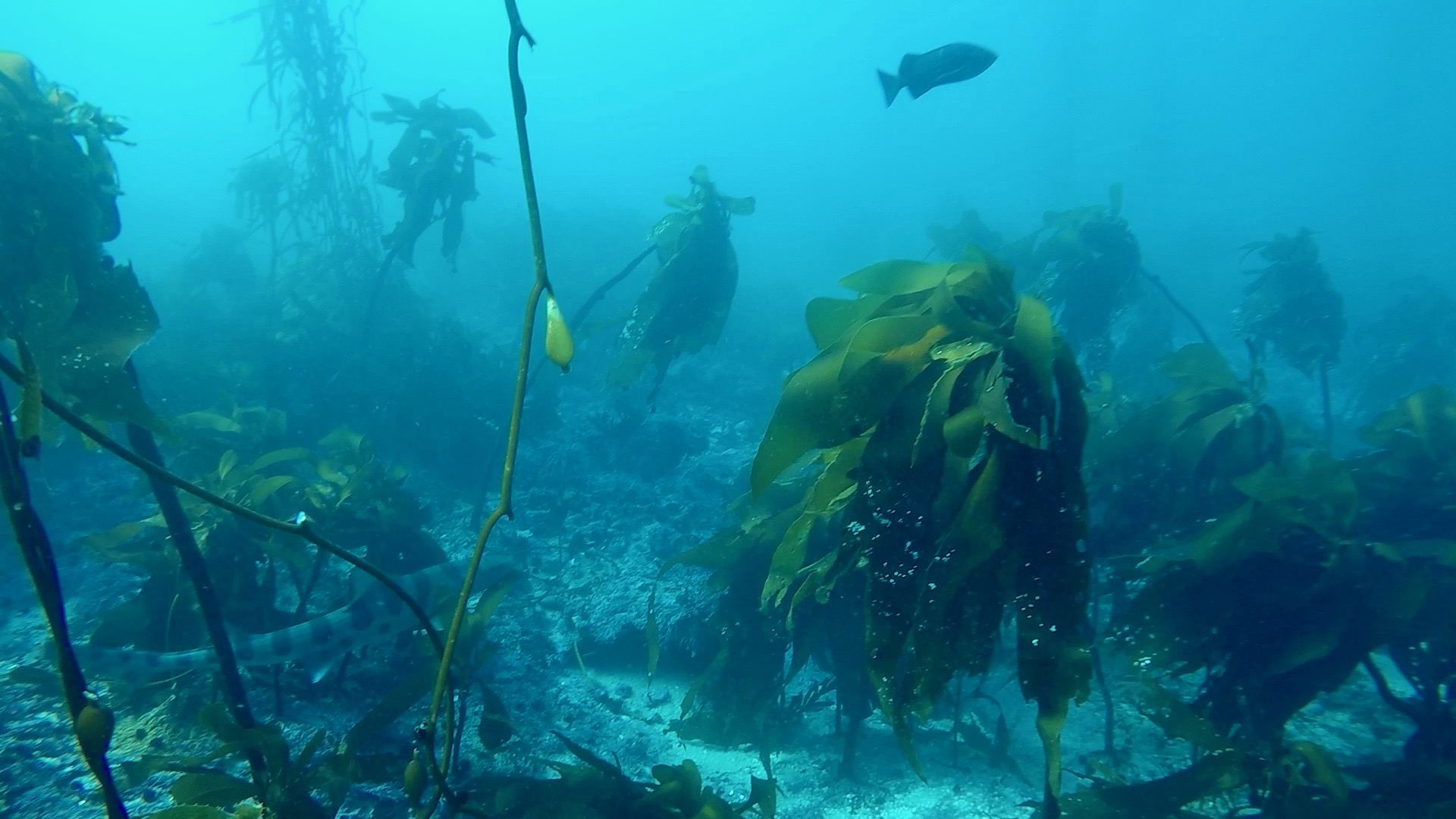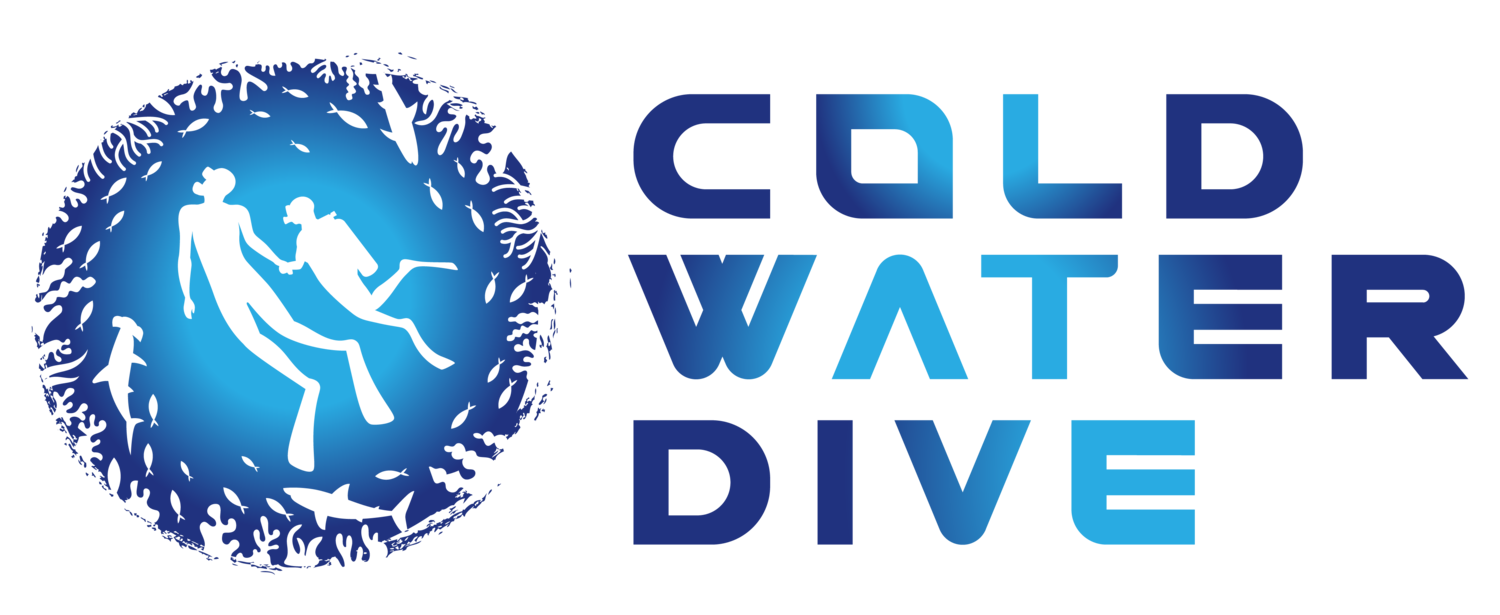
BLOG
Dolphins severely impacted by industrial fishing practices
The Guardian reports on a recent study into dolphin populations in the Indian Ocean. The results are disheartening — a greater than 80% in decline over the last 50 years. The reporting describes a meta-study published in the peer-reviewed journal Endangered Species Research analyzing 10 bycatch studies on gill net fishing.
Journalism and research, like the article and the studies it reports, are essential to understanding the impacts we are having on cetaceans and the marine environment overall. But, we also need to take action to change the way we interact with the marine environment. This is no small feat. As the article describes, it is difficult to enact change on the open ocean where there is no meaningful regulation and there are competing interests like poverty.
For myself, the catastrophic side-effects of bycatch are part of why I’m vegetarian trending towards vegan.
If you want to learn more about dolphins, I recommend Voices in the Ocean: A Journey into the Wild and Haunting World of Dolphins by Susan Casey.
CBS 60 Minutes' "Cleaning up the plastics in the ocean"
CBS’ 60 Minutes aired an updated segment on efforts by The Ocean Cleanup to invent novel methods to cleanup plastics pollution in the ocean, including the Pacific Gyre Garbage Patch and the efforts of
Watch it here: Cleaning up the plastics in the ocean
Longitudinal study gives new insights to coral reef bleaching
A recently published study gives new insight into the causes of coral reef bleaching and die-offs. The results give hope for coral restoration.
Read more at Phys.org: Thirty years of unique data reveal what's really killing coral reefs
